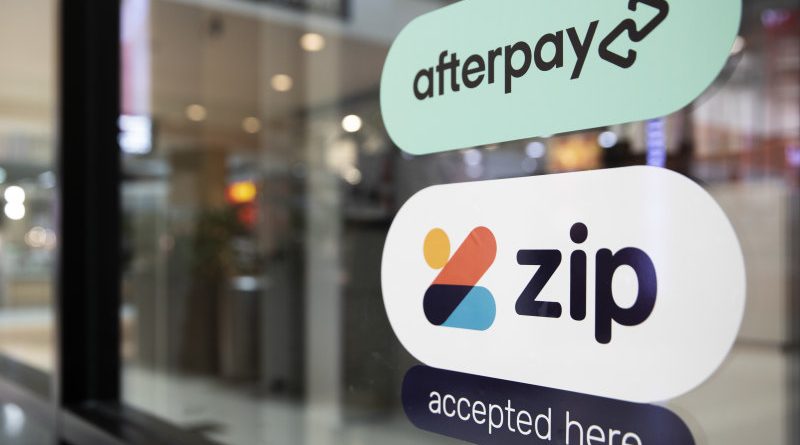Buy now, pay later users more likely to double up on risky ‘pay advance’ products
Users of buy now, pay later services are more likely to be using other forms of unregulated credit products such as pay advance solutions, prompting concerns from consumer groups about those users running into financial difficulties.
Both buy now, pay later (BNPL) and pay advance products allow consumers early access to goods or cash through short-term loans, but are not considered credit products. Personal finance app Frollo found one-third of its users, drawn from a sample of 33,000, were BNPL users. That sample was 43 per cent more likely to be also using a pay advance service compared to those not using BNPLs.
Financial Counselling Australia CEO Fiona Guthrie wants to see wage advance providers regulated.Credit:Louie Douvis
Pay advance, or wage advance, providers include Beforepay, MyPayNow and Wagetap, among others. They offer workers access to their pay ahead of time, with the advance repaid, along with a flat fee or a percentage fee, when the user gets paid by their employer.
Consumer groups have compared them to payday lending, but with fewer fees and shorter repayment timeframes.
Like the BNPL sector, the emerging pay advance sector is not regulated under credit laws and so providers are not required to do credit checks on those applying for apps or to do subsequent checks – though some do.
Regulation for the BNPL sector is pending, with the federal Treasury having closed its consultation with the industry and consumer groups late last year on how the sector should be regulated.
Stephen Jones, the federal assistant treasurer and minister for financial services, said last year the government will examine wage advance products and the point-of-sale exemption that allows retailers to sell credit unregulated.
Financial Counselling Australia chief executive Fiona Guthrie told this masthead that, anecdotally, financial counsellors are saying that the number of clients presenting with wage advance products is growing.
Guthrie says the risk of wage advance products is the same as that of payday loans – people can be trapped in a cycle of debt – and believes wage advance products are credit and should be regulated like all other credit products.
“If you’re caught short in one cycle, you could be caught short again in the next,” she says.
BNPL platforms allow purchases to be made immediately, with the money repaid to the provider, in most cases, in four equal instalments. Most earn their revenue from fees paid to providers by merchants and from the fees paid by purchasers who miss a repayment.
Of Frollo’s personal finance app users who made at least one purchase with a BNPL service in 2022, about half had accounts with two or more BNPLs. Almost one in five of those who made at least one BNPL purchase in 2022 had three or more BNPLs.
An ASIC report late in 2020 showed 21 per cent of BNPL users surveyed had missed a payment in the previous 12 months and that half of those were aged between 18 and 29.
It also found that of those who missed payments, more than half were using at least two BNPL providers.
Frollo chief executive Tony Thrassis says the BNPL and wage advance apps are providing loans and should be regulated under credit laws. With the growing use of these products there is no time to waste, he says.
He says a big benefit for consumers of making BNPLs and wage advance services subject to credit laws is that it would put them under responsible lending rules, where the providers would have to satisfy themselves that users can repay the money.
- Advice given in this article is general in nature and is not intended to influence readers’ decisions about investing or financial products. Investors should always seek their own professional advice that takes into account their own personal circumstances before making any financial decisions.
The Morning Edition newsletter is our guide to the day’s most important and interesting stories, analysis and insights. Sign up here.
Most Viewed in Money
From our partners
Source: Read Full Article



